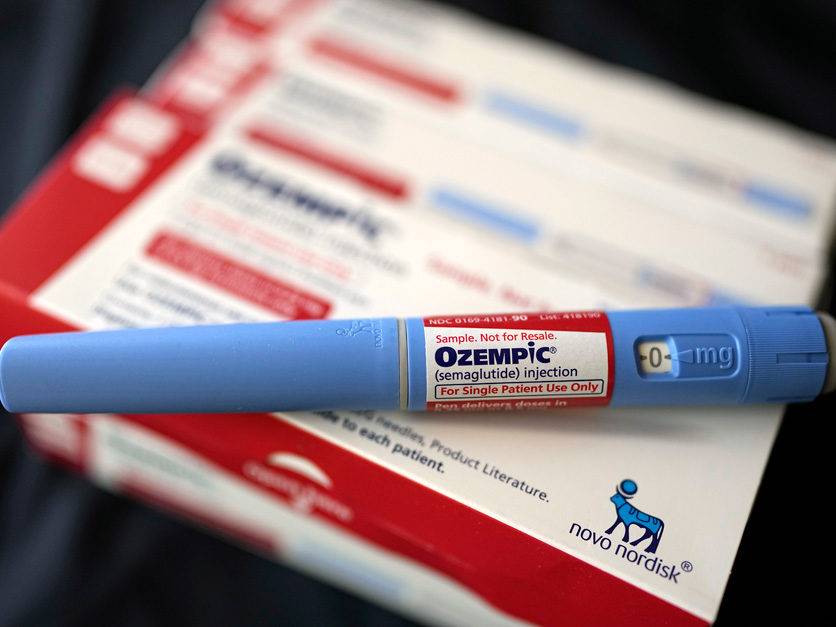A recent study conducted by the Cornell SC Johnson College of Business has revealed that households containing individuals taking appetite-suppressing drugs such as Ozempic experience a 5.5% reduction in grocery spending within the first six months of use. This finding indicates a potential shift in consumer behavior that could significantly impact the food industry’s revenue.
Originally developed for diabetes management, GLP-1 receptor agonists like Ozempic, Wegovy, and Mounjaro have gained popularity in recent years as a treatment for obesity and off-label weight loss. The study’s researchers predict a continued decrease in the consumption of processed and snack foods among users of these medications, prompting manufacturers to reconsider product portion sizes and packaging strategies.
The research also found that households with at least one GLP-1 user saved an average of $416 annually by reducing their grocery spending by 5.5%. Interestingly, households earning over $125,000 saw even greater savings, with an 8.6% decline in grocery expenses compared to a 4.2% decrease for lower-income households.
While the initial six months showed the most significant spending reductions, the study observed continued savings in grocery expenses over a full year. However, the authors noted potential challenges related to medication compliance, efficacy, and measurement accuracy that may impact the long-term sustainability of these savings.
In addition to grocery spending, households also decreased their expenses at restaurants, particularly fast food and coffee shops, by approximately 4% for breakfast and 6% for dinner. The study highlighted a growing trend of individuals using these medications for weight loss rather than diabetes management, with slightly higher savings observed among weight loss users.
Furthermore, the research analyzed changes in grocery spending by food group, noting that GLP-1 users tended to reduce purchases of high-calorie, high-sugar, and high-fat items such as chips, sweet baked goods, and cookies. This shift towards healthier eating habits led to a small increase in spending on fresh produce and yogurt, indicating a preference for nutrient-dense options among medication users.
The study emphasized the importance of repackaging products to cater to the evolving preferences of consumers on GLP-1 medications, who are likely to gravitate towards smaller portions and convenient, health-focused options. Researchers highlighted recent industry shifts towards healthier product lines and suggested that strategic adaptation by food manufacturers is necessary to remain competitive in this changing market landscape.
To access the full study, please visit the following link: Research Paper. For more industry news and updates, visit www.agri-pulse.com.
In conclusion, the study’s findings shed light on the impact of appetite-suppressing drugs on household spending and consumer behavior, signaling a potential shift towards healthier eating habits and smaller portion sizes in the food industry. As individuals continue to prioritize health and convenience in their food choices, manufacturers must adapt their offerings to meet the evolving needs of this consumer segment.




